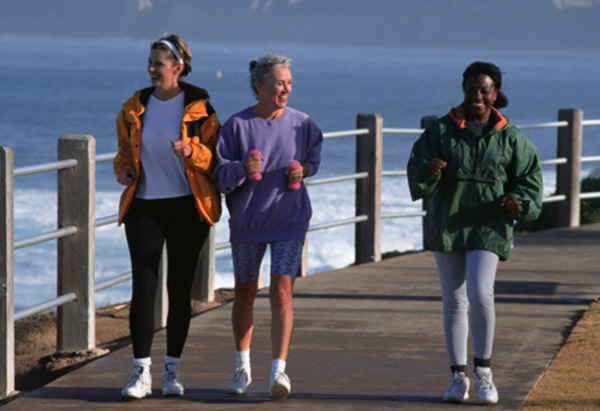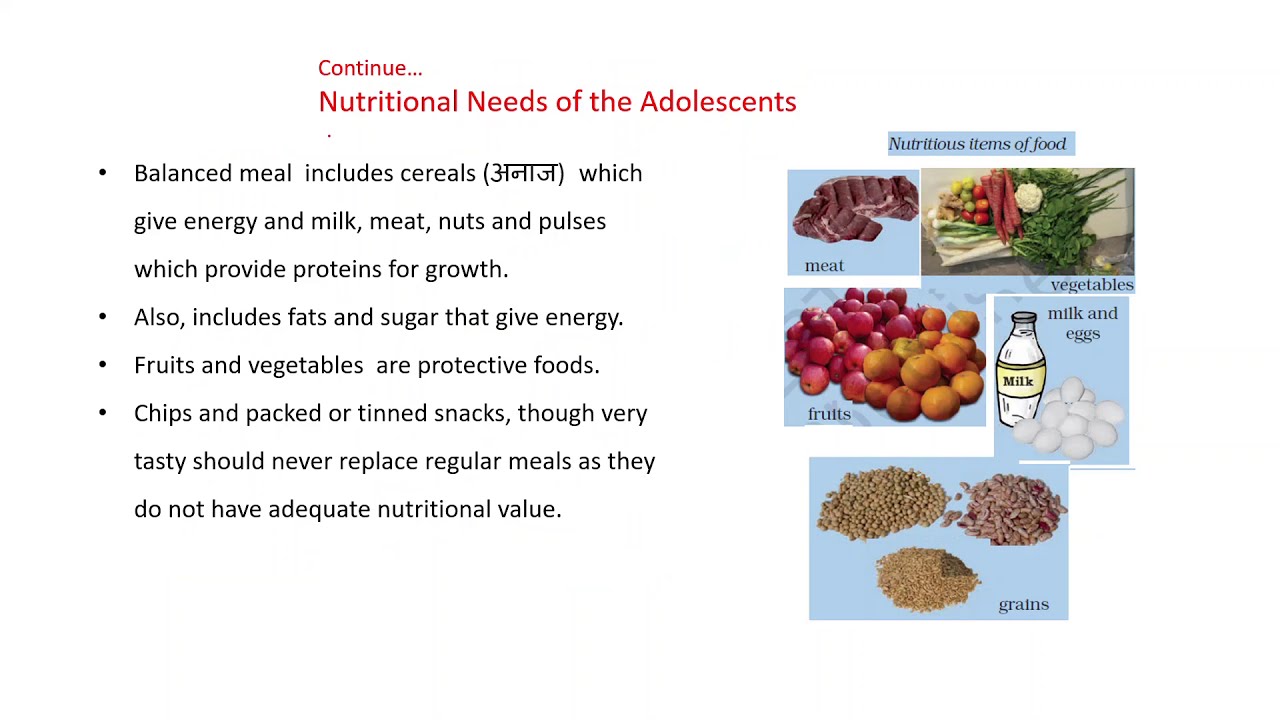
When you receive a cancer diagnosis you can feel many different emotions. Some people feel numb. Other people may feel sad, worried, or unsure about the future. All of these feelings are normal. You just need to learn how to manage them. A support network of family and friends can help you deal with your cancer diagnosis.
In addition to the physical changes your body may go through, you might also experience a loss in independence. For example, you may have to take time off work or have a change in your lifestyle. This can lead to loneliness. You might also have to worry about your finances.
Although the medical team can give you information to help with your diagnosis, it is possible that you still have questions. Talking to a friend about the best treatment options can help you make informed decisions. It is a good idea to ask your friend questions about your treatment, the impact on your life, and your plans for your cancer. Your health care team should be able to give you advice and guidance on how to best respond to these questions.

To talk about your cancer with someone, you can either call a support group on the telephone or see a psychologist. You should try to remain open and honest when talking with your health care team, and never hesitate to tell them what you need. Be sure to listen to their feedback as well, and don't be afraid to ask for help if you aren't getting the answers you need.
It can be helpful to keep busy during the treatment. Try to find time for hobbies, exercise, or other leisure activities. By keeping yourself active, you can help ease the psychological toll.
The best way to deal with cancer is to share your feelings and thoughts with others. Although it may feel uncomfortable, it is crucial to be open and transparent with loved ones and friends. Share your worries, fears, and any other emotions that are pertinent. You can keep track by keeping a journal.
Your family and friends might not want to discuss your cancer in the beginning, but it is often better to tell them about the changes happening. As time passes, you may be able to share your thoughts with them in a more open way.

It can be difficult to cope with the emotions and feelings of others when you have cancer. It can be difficult to comprehend them and can be challenging to find the right way to handle them. Remember that your loved ones are doing the best they can, and that you should learn to work with them.
Do not be afraid to say no when you aren't interested in doing something. It can be hard to say no to a doctor's prescription or to your friends. You should be open-minded about adapting to your new routine.
FAQ
How often do I need to exercise?
A healthy lifestyle requires regular exercise. You don't have to exercise for a certain amount of time. It is important to find something you enjoy, and then stick with it.
You should aim to do 20-30 minutes of moderate intensity exercise three times per week. Moderate intensity is when you still have to breathe hard after the workout. This type of workout burns around 300 calories.
You can walk for 10 minutes every day if that is what you prefer. Walking is low-impact and easy on your joints.
Jogging is an alternative to running. You can do it for as little as 15 minutes each day. Running is a great exercise to build muscle tone and burn excess calories.
Start slowly if you aren't used to doing exercise. Begin with 5 minutes of cardio every other day. Gradually increase the duration until you reach your goal.
Take herbs and other supplements to improve your immunity
Natural remedies and herbs can be used to increase immune function. There are many natural remedies that can boost immunity, including echinacea (oregano), ginger, ginkgo biloba and vitamin C.
These herbs should not be considered as a substitute for conventional medical treatment. They may cause side effects such as nausea, diarrhea, stomach cramps, headaches, dizziness, and allergic reactions.
Which 10 foods are your favorite?
The following are the 10 best foods to consume:
-
Avocados
-
Berries
-
Broccoli
-
Cauliflower
-
Eggs
-
Fish
-
Grains
-
Nuts
-
Oats
-
Salmon
How can I tell what is good for me?
You must listen to your body. Your body knows what you need when it comes time to eat, exercise, and get enough rest. To avoid overdoing it, it's important that you pay attention to what your body is telling you. Take care of yourself and listen to your body.
What is the difference of a virus from a bacteria?
A virus, a microscopic organism that can not reproduce outside of its host cells, is called a virus. A bacterium is an organism that splits itself in two. Viruses have a very small size (approximately 20 nanometers), while bacteria can grow to a maximum of 1 micron.
Viruses are spread via contact with infected bodily liquids such as urine, saliva, semen and vaginal secretions. Bacteria can easily be spread from direct contact to contaminated objects and surfaces.
Viral infections can also be introduced to our bodies by a variety of cuts, scrapes or bites. They can also be transmitted through the eyes, nose, mouth, ears, vaginal, rectum, and anus.
Bacteria can get into our bodies through cuts, scrapes and burns, insect bites, or other skin breaks. They may also come into our bodies through food, water, air, soil, dust, or animals.
Both bacteria and viruses cause illness. However, viruses cannot reproduce within their hosts. They only infect living tissues when they cause illness.
Bacteria can multiply within their hosts and cause illness. They can infiltrate other parts of the body. Antibiotics are needed to eliminate them.
What's the problem with BMI?
BMI is the acronym for Body Mass Index. It measures body fat based upon height and weight. The following formula is used to calculate BMI:
Divide the weight in kilograms by the height in meters squared.
The result can be expressed as a number, ranging from 0 through 25. Scores between 0 and 25 indicate obesity. Scores higher than 18.5 are considered overweight. Scores higher than 23 are considered obese.
A person with 100 kg will have a BMI 22 if they are 1.75m tall and weigh 100 kg.
Statistics
- This article received 11 testimonials and 86% of readers who voted found it helpful, earning it our reader-approved status. (wikihow.com)
- WHO recommends consuming less than 5% of total energy intake for additional health benefits. (who.int)
- According to the 2020 Dietary Guidelines for Americans, a balanced diet high in fruits and vegetables, lean protein, low-fat dairy and whole grains is needed for optimal energy. (mayoclinichealthsystem.org)
- Extra virgin olive oil may benefit heart health, as people who consume it have a lower risk for dying from heart attacks and strokes according to some evidence (57Trusted Source (healthline.com)
External Links
How To
10 tips to a healthy lifestyle
How to live a healthy life
We live in a fast world where we don't get enough sleep, eat too much, drink too much alcohol and smoke cigarettes. We don’t care enough about our health.
When you work full time and have to balance your exercise and diet regimens, it can be hard to create a healthy lifestyle. It becomes even harder if you are stressed out because your mind tells us that we cannot handle this situation anymore so we start feeling guilty and give up.
If you feel like something is wrong with your body, then it probably is. Talk to your doctor about your condition. If you find nothing unusual, it could be stress from your job.
Some people believe they are fortunate because their jobs enable them to regularly go to the gym or because they have good friends who help them stay fit. However, those people are really lucky. These people have no problems. They had everything under control. I wish that everyone could be like them. Unfortunately, most of us don't know how to balance our work life and personal life. Many people fall prey to bad habits, which can eventually lead them to developing diseases like heart disease, diabetes and cancer.
Here are some tips that might help you to improve your lifestyle:
-
Sleeping 7 hours a night minimum, 8 hours maximum is the ideal amount. This includes proper sleeping postures and avoiding caffeine in the hours before bed. Caffeine blocks the melatonin hormones making it hard to fall asleep. Make sure your bedroom's dark and clean. Make sure that you use blackout curtains especially if you are working late at night.
-
Get healthy - Start your day with a good breakfast. Sugar products, fried food, processed foods and white breads should be avoided. Try to include whole grains, fruits, and vegetables for lunch. Afternoon snacks are recommended to be rich in protein and fiber, such as nuts, seeds, beans, fish and dairy products. Avoid sugary snacks such as cookies, chips, candies, cakes, and sodas.
-
Drink plenty of water. Almost everyone doesn't drink enough water. Water aids in weight loss, skin health, digestion, and keeps our skin young and supple. Six glasses of water daily can help you lose weight quicker. You can check the color in your urine to see how well you are hydrating. Yellow is dehydrated. Orange means mildly dehydrated. Pink means normal. Red means overhydrated. Clear means extremely-overhydrated.
-
Exercise - Regular physical activity has been proven to increase energy levels and reduce depression. Walking can be a great way to improve your mood. Although walking may seem simple, it is not easy. It requires concentration and effort. Your brain needs to concentrate on walking, while taking deep breaths and slowing down. A 30 minute walk at a moderate pace for about 100 calories can burn between 100-150 calories. Start slow and build up gradually. Do not forget to stretch after exercising to prevent injuries.
-
Be positive - Positive thinking is essential for mental health. If we are positive, we create a happier environment in our minds. Negative thoughts drain energy and can cause anxiety. Focus on what you want and do the things that will keep you motivated. Reduce the number of tasks you have to do in order to feel less overwhelmed. Be aware that you will fail at times, but don't despair. Just get back up and start over.
-
You must learn to say No - Too often we get so busy we forget how much time is wasted on things that are not important. It is important for you to know when to say no. Being polite when you say "no" does not mean that you are rude. A No means that you can't take care of something now. There are always other options to finish the job later. You should set limits. Ask someone to help. Or simply delegate this work to someone else.
-
Take care of yourself - Pay attention to your diet. A healthier diet will help boost your metabolism, and you can lose extra weight. Avoid heavy and oily foods. They can raise cholesterol levels. A good tip is to have three meals and two snacks daily. Around 2000 to 2500 calories should be consumed each day.
-
Meditate - Meditation can be a great stress reliever. The best way to let your mind relax is to just sit still, with your eyes closed. This exercise will give you clarity of thought, which is very helpful in reaching decisions. Meditation will help you feel calmer and happier.
-
Do not skip breakfast. Breakfast is the most important meal of each day. Skipping breakfast can lead you to overeating at lunch. It's never too late to have a balanced breakfast. Just make sure you eat it within one hour of getting up. Breakfast can increase your energy level and help you to manage your hunger.
-
Healthy food is the best. Food can have a profound effect on our moods. Avoid junk food and food that contains artificial ingredients or preservatives. These products make your body acidic and will cause you to feel hungry. The vitamins and minerals in fruits and veggies are good for your overall health.
-
***